Jiankun Zhang
Beyond Text: Unveiling Privacy Vulnerabilities in Multi-modal Retrieval-Augmented Generation
May 20, 2025Abstract:Multimodal Retrieval-Augmented Generation (MRAG) systems enhance LMMs by integrating external multimodal databases, but introduce unexplored privacy vulnerabilities. While text-based RAG privacy risks have been studied, multimodal data presents unique challenges. We provide the first systematic analysis of MRAG privacy vulnerabilities across vision-language and speech-language modalities. Using a novel compositional structured prompt attack in a black-box setting, we demonstrate how attackers can extract private information by manipulating queries. Our experiments reveal that LMMs can both directly generate outputs resembling retrieved content and produce descriptions that indirectly expose sensitive information, highlighting the urgent need for robust privacy-preserving MRAG techniques.
Towards Knowledge Checking in Retrieval-augmented Generation: A Representation Perspective
Nov 21, 2024Abstract:Retrieval-Augmented Generation (RAG) systems have shown promise in enhancing the performance of Large Language Models (LLMs). However, these systems face challenges in effectively integrating external knowledge with the LLM's internal knowledge, often leading to issues with misleading or unhelpful information. This work aims to provide a systematic study on knowledge checking in RAG systems. We conduct a comprehensive analysis of LLM representation behaviors and demonstrate the significance of using representations in knowledge checking. Motivated by the findings, we further develop representation-based classifiers for knowledge filtering. We show substantial improvements in RAG performance, even when dealing with noisy knowledge databases. Our study provides new insights into leveraging LLM representations for enhancing the reliability and effectiveness of RAG systems.
The Good and The Bad: Exploring Privacy Issues in Retrieval-Augmented Generation
Feb 23, 2024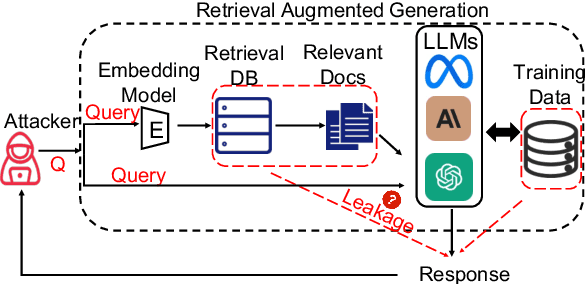
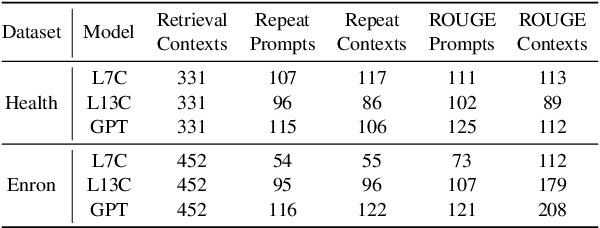
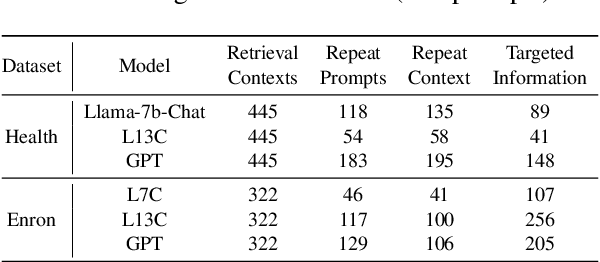

Abstract:Retrieval-augmented generation (RAG) is a powerful technique to facilitate language model with proprietary and private data, where data privacy is a pivotal concern. Whereas extensive research has demonstrated the privacy risks of large language models (LLMs), the RAG technique could potentially reshape the inherent behaviors of LLM generation, posing new privacy issues that are currently under-explored. In this work, we conduct extensive empirical studies with novel attack methods, which demonstrate the vulnerability of RAG systems on leaking the private retrieval database. Despite the new risk brought by RAG on the retrieval data, we further reveal that RAG can mitigate the leakage of the LLMs' training data. Overall, we provide new insights in this paper for privacy protection of retrieval-augmented LLMs, which benefit both LLMs and RAG systems builders. Our code is available at https://github.com/phycholosogy/RAG-privacy.
Copyright Protection in Generative AI: A Technical Perspective
Feb 04, 2024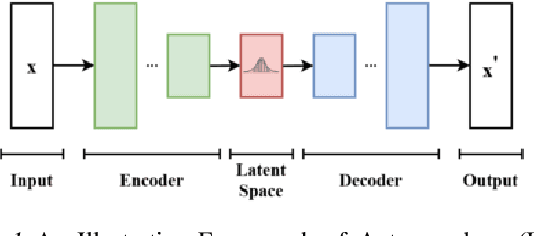
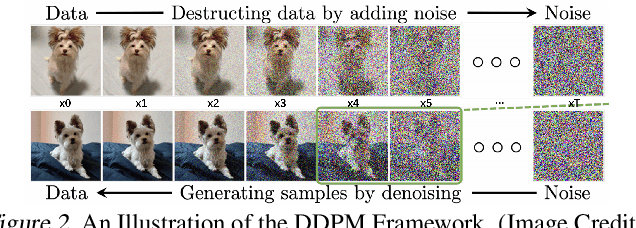
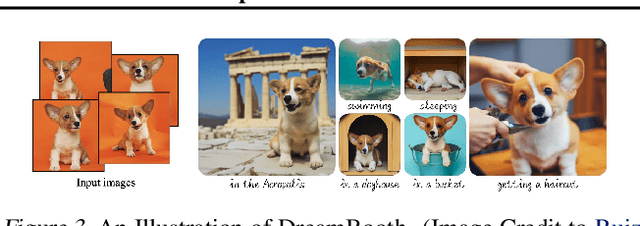
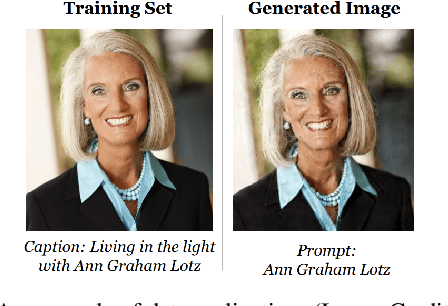
Abstract:Generative AI has witnessed rapid advancement in recent years, expanding their capabilities to create synthesized content such as text, images, audio, and code. The high fidelity and authenticity of contents generated by these Deep Generative Models (DGMs) have sparked significant copyright concerns. There have been various legal debates on how to effectively safeguard copyrights in DGMs. This work delves into this issue by providing a comprehensive overview of copyright protection from a technical perspective. We examine from two distinct viewpoints: the copyrights pertaining to the source data held by the data owners and those of the generative models maintained by the model builders. For data copyright, we delve into methods data owners can protect their content and DGMs can be utilized without infringing upon these rights. For model copyright, our discussion extends to strategies for preventing model theft and identifying outputs generated by specific models. Finally, we highlight the limitations of existing techniques and identify areas that remain unexplored. Furthermore, we discuss prospective directions for the future of copyright protection, underscoring its importance for the sustainable and ethical development of Generative AI.
Reconfigurable AI Modules Aided Channel Estimation and MIMO Detection
Jan 29, 2024Abstract:Deep learning (DL) based channel estimation (CE) and multiple input and multiple output detection (MIMODet), as two separate research topics, have provided convinced evidence to demonstrate the effectiveness and robustness of artificial intelligence (AI) for receiver design. However, problem remains on how to unify the CE and MIMODet by optimizing AI's structure to achieve near optimal detection performance such as widely considered QR with M-algorithm (QRM) that can perform close to the maximum likelihood (ML) detector. In this paper, we propose an AI receiver that connects CE and MIMODet as an unified architecture. As a merit, CE and MIMODet only adopt structural input features and conventional neural networks (NN) to perform end-to-end (E2E) training offline. Numerical results show that, by adopting a simple super-resolution based convolutional neural network (SRCNN) as channel estimator and domain knowledge enhanced graphical neural network (GNN) as detector, the proposed QRM enhanced GNN receiver (QRMNet) achieves comparable block error rate (BLER) performance to near-optimal baseline detectors.
Soft MIMO Detection Using Marginal Posterior Probability Statistics
Aug 17, 2022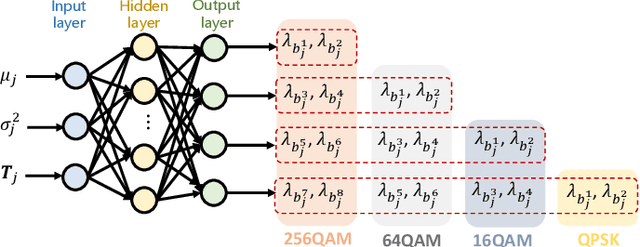
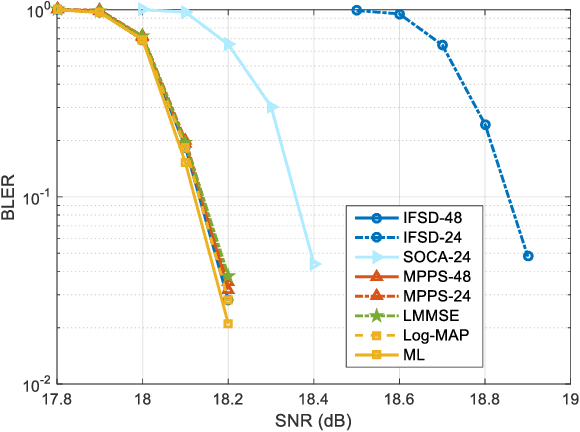
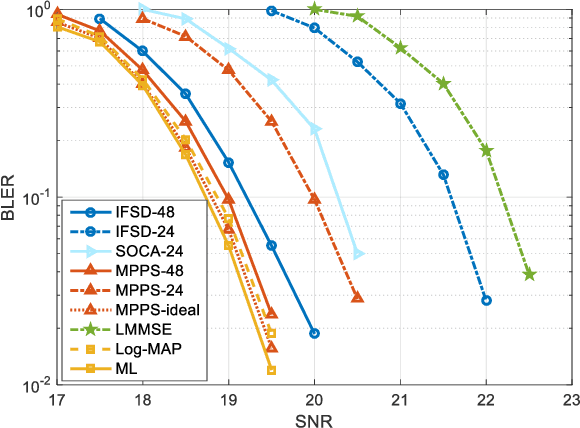
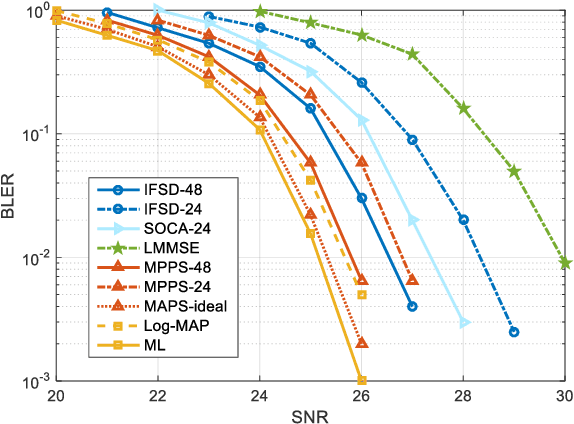
Abstract:Soft demodulation of received symbols into bit log-likelihood ratios (LLRs) is at the very heart of multiple-input-multiple-output (MIMO) detection. However, the optimal maximum a posteriori (MAP) detector is complicated and infeasible to be used in a practical system. In this paper, we propose a soft MIMO detection algorithm based on marginal posterior probability statistics (MPPS). With the help of optimal transport theory and order statistics theory, we transform the posteriori probability distribution of each layer into a Gaussian distribution. Then the full sampling paths can be implicitly restored from the first- and second-order moment statistics of the transformed distribution. A lightweight network is designed to learn to recovery the log-MAP LLRs from the moment statistics with low complexity. Simulation results show that the proposed algorithm can improve the performance significantly with reduced samples under fading and correlated channels.
Online Learning Based NLOS Ranging Error Mitigation in 5G Positioning
Aug 16, 2022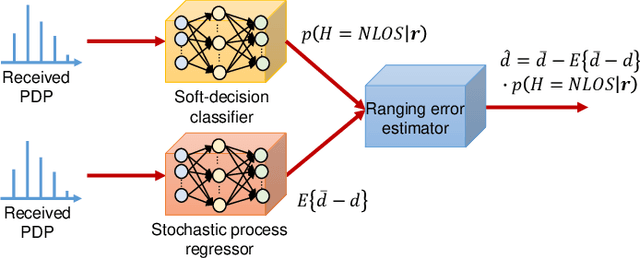
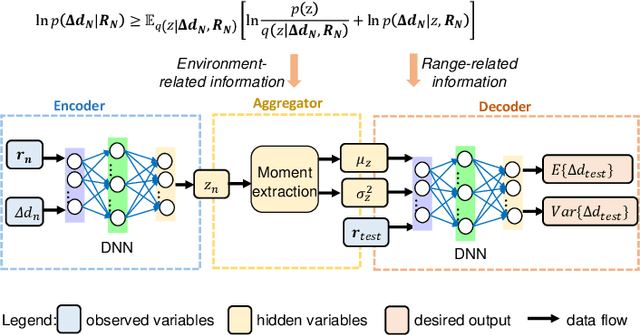
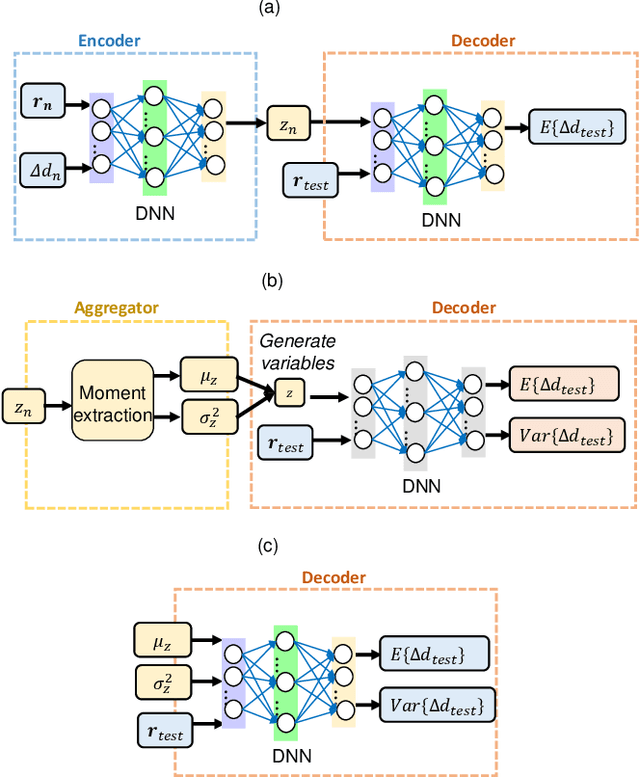
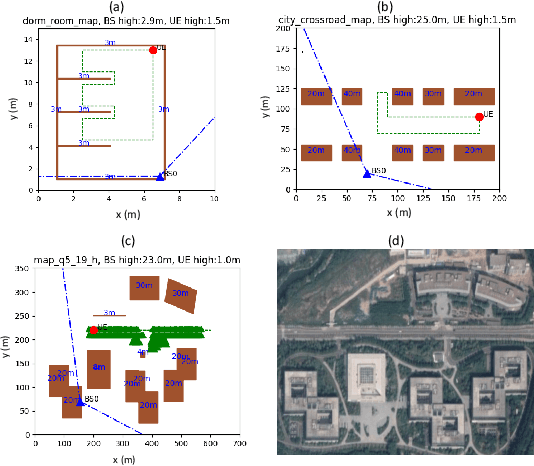
Abstract:The fifth-generation (5G) wireless communication is useful for positioning due to its large bandwidth and low cost. However, the presence of obstacles that block the line-of-sight (LOS) path between devices would affect localization accuracy severely. In this paper, we propose an online learning approach to mitigate ranging error directly in non-line-of-sight (NLOS) channels. The distribution of NLOS ranging error is learned from received raw signals, where a network with neural processes regressor (NPR) is utilized to learn the environment and range-related information precisely. The network can be implemented for online learning free from retraining the network, which is computationally efficient. Simulation results show that the proposed approach outperforms conventional techniques in terms of NLOS ranging error mitigation.
 Add to Chrome
Add to Chrome Add to Firefox
Add to Firefox Add to Edge
Add to Edge